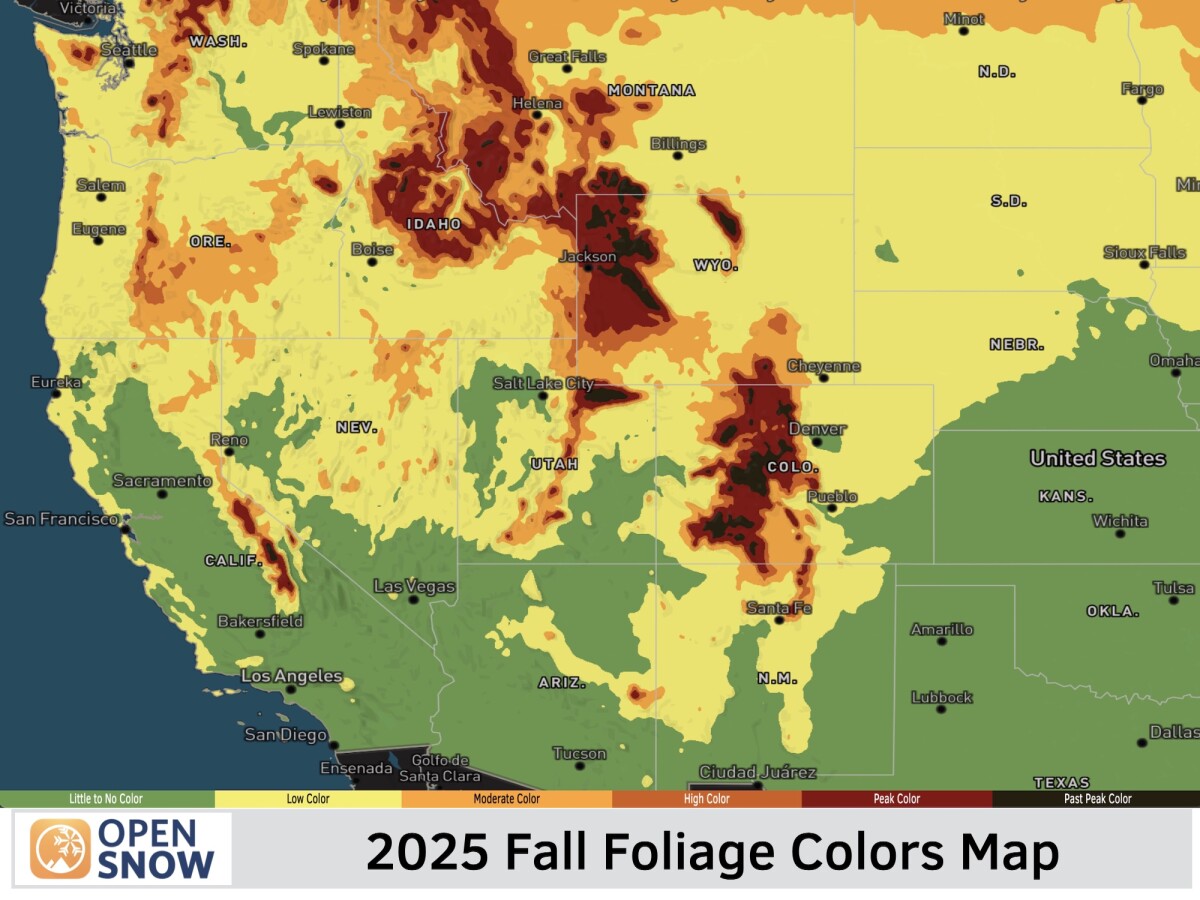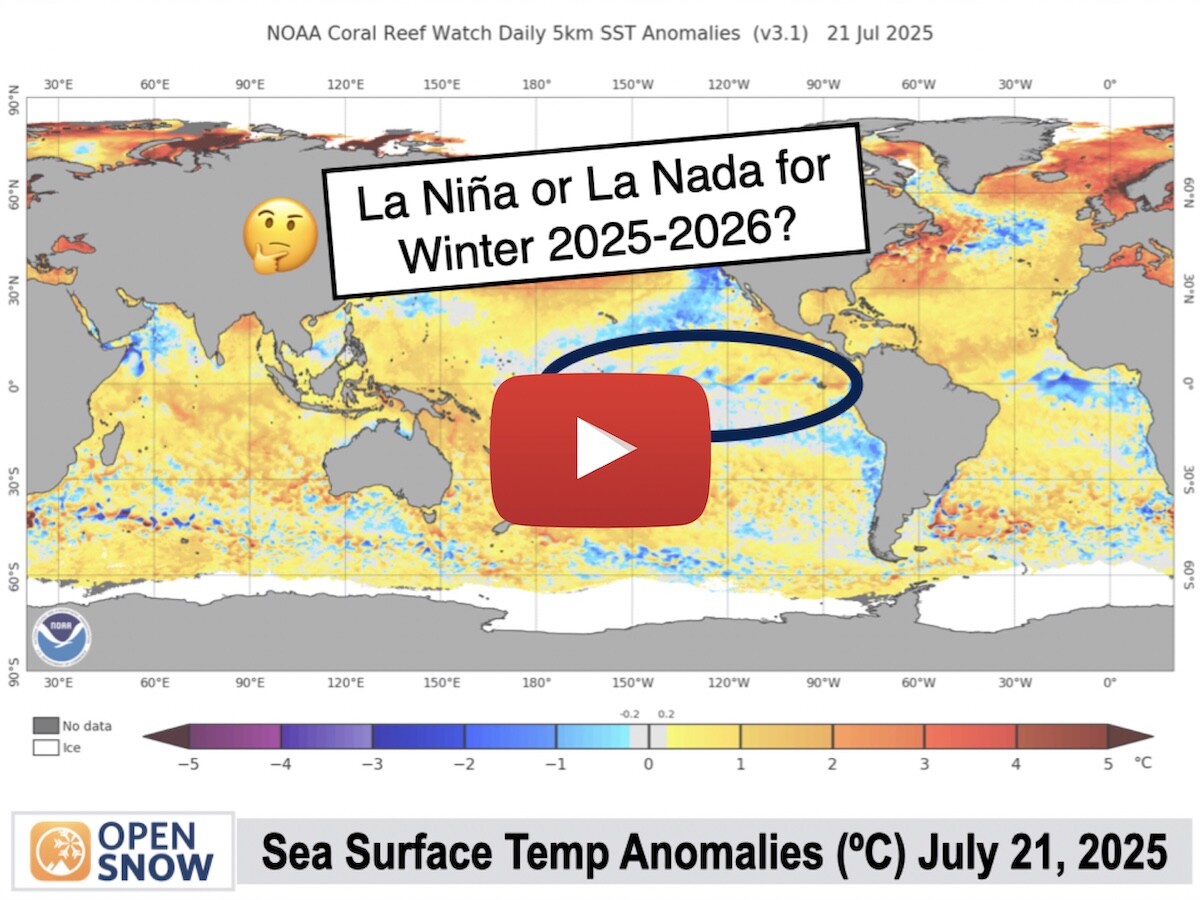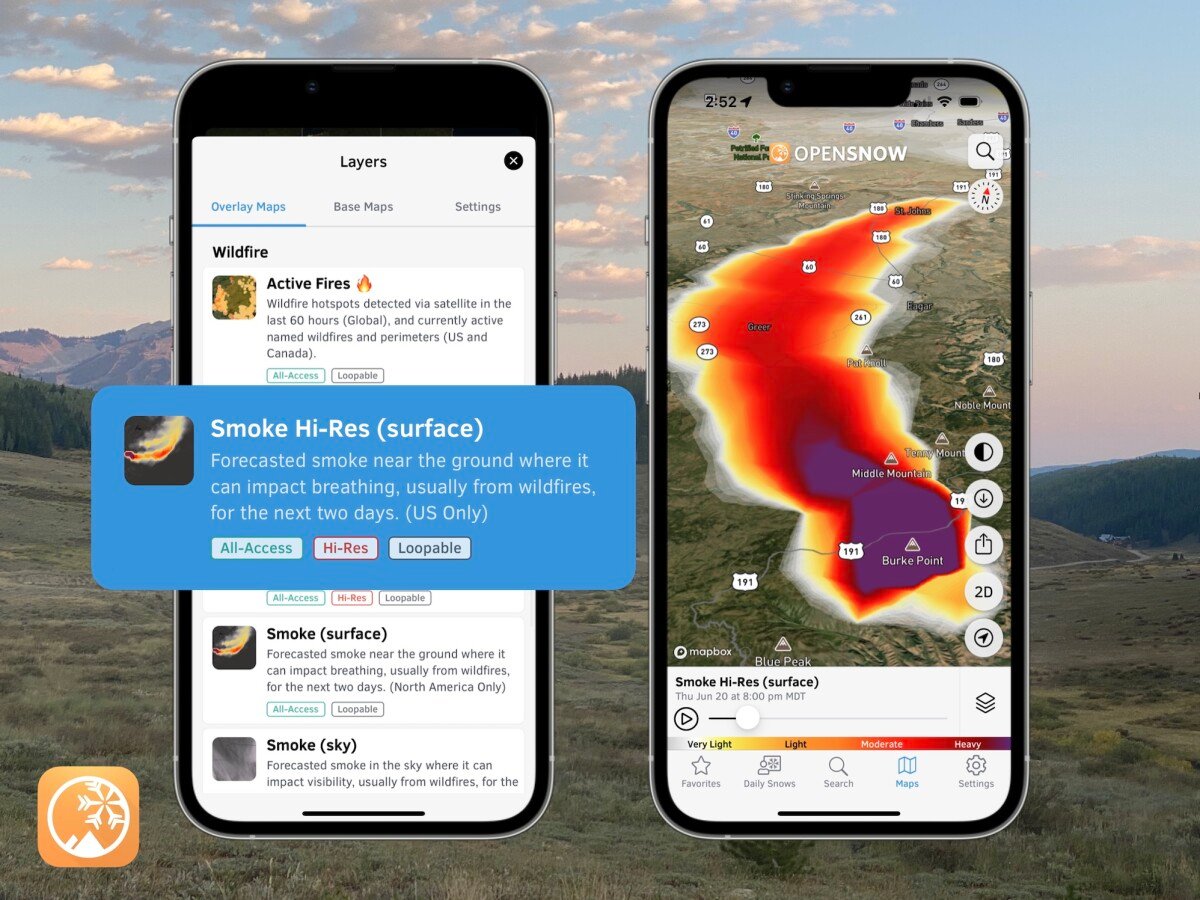News

By Zach Butler, Meteorologist Posted 10 months ago September 6, 2024
Quiet Atlantic Hurricane Season - September 2024 Update
The 2024 Atlantic hurricane season has become inactive over the past several weeks and shows little future activity as we near the peak of the hurricane season. Despite record-warm sea surface temperatures in the Atlantic Ocean, several atmospheric factors are causing the lack of activity. Let's look at the atmospheric factors and the forecast for the rest of the season.

The following article uses information from Colorado State University's Tropical Update. Big thanks to CSU for their hard work!
What is Causing the Quiet 2024 Atlantic Hurricane Season?
There is a combination of three primary factors that is causing a quiet 2024 Atlantic hurricane season, despite the record-warm sea surface temperatures in the Atlantic Ocean this summer:
- Northward shifts in the African summer monsoon are causing African easterly waves to move into the Atlantic Ocean too far north
- Above-normal temperatures in the upper parts of the atmosphere are causing stable conditions
- Too much wind shear is preventing storms from developing
1) The first factor is that topical cyclones in the Atlantic primarily develop from African easterly waves. These waves are storm systems that move off of Africa into the Atlantic Ocean and then can develop into tropical storms and hurricanes.
Learn More → Tropical cyclones
This year, a strong African monsoon has shifted storm systems or easterly waves further north. This has caused the storm track to shift north and move off of Africa into ocean temperatures that are cooler than normal. This means storm systems that would typically develop into tropical cyclones are moving into unfavorable ocean waters and are not developing into tropical cyclones.
Below is a look at how typical African easterly waves move and how the northward shift this year (2024) into slightly cooler waters is affecting tropical cyclone development.

The biggest factor above is that the northward shift is moving storm systems into slightly cooler than normal ocean waters. This area of the Atlantic Ocean is nearly the only part cooler than normal. This slight cooling and small area is enough of an impact to affect tropical cyclone development.
Below is a look at the sea surface temperature (SST) anomalies on September 4, 2024. These cooler anomalies were more pronounced during August, leading to limited tropical cyclone development.

2) The second factor for the quiet Atlantic hurricane season is that there are above-normal temperatures in the upper parts of the atmosphere, which are causing stable conditions and inhibiting tropical cyclone development.
When temperatures are warmer in the upper parts of the atmosphere, they lead to more stable conditions because there is a weaker temperature gradient. When temperatures change less with height, this creates stability, which is unfavorable for tropical cyclone development.

The warm orange colors are temperatures 1.5-3.5 degrees Celsius above normal.
3) The third factor is that there has been too much wind shear in the Atlantic Ocean, which is preventing storms from developing and strengthening.
Wind shear is how the wind changes speed and direction with height. Low wind shear is when there is little change in wind speed and direction with height, which is favorable for tropical cyclone's development and strengthening. High wind shear causes movement in the atmosphere, which disrupts the uniform circulation needed to form tropical cyclones.
Below is a look at the wind shear on Monday, September 2. The areas in yellow, orange, and red are areas of high wind shear.

The high wind shear covers a large swath of the Atlantic Ocean, which is preventing any storms or African easterly waves from developing.
Piecing This Together
These three primary factors alone do not cause tropical cyclone inactivity, but when combined have led to the most likely cause of a quiet 2024 Atlantic hurricane season.
The current SSTs in the Atlantic Ocean are near record-warm and are on pace with the 2023 season. These warm ocean waters are very favorable for tropical cyclone development and at the start of the 2024 season, caused many forecasters to warn for an active hurricane season.
Despite the very warm SSTs, the unfavorable atmospheric conditions discussed above, are leading to the quiet season no matter how favorable the ocean is.
Below is a look at the Atlantic Ocean heat content (top) and Gulf of Mexico heat content (bottom) in early September. The heat content represents the energy of the ocean, with higher values associated with warmer SSTs.


Forecast for the Remainder of the Season
The last named storm was Hurricane Ernesto, which dissipated on August 20. This means we have had only 5 named storms this year, which is 71% of the 1991-2020 average. Despite the below-average number of named tropical cyclones, the accumulated cyclone energy (ACE) is at 55 and 128% of the 1991-2020 average.
This interesting fact is related to Hurricane Beryl, which set several records for the strongest and earliest hurricane on record. Hurricane Beryl was what many forecasters thought would be an active 2024 season because of the impact that the very warm SSTs had on Beryl's development. However, as we have learned in this article, SSTs alone are not enough to make an active tropical cyclone season.
The forecast for the peak of Atlantic hurricane season in September will feature a more active Atlantic Ocean. Unfavorable conditions are currently present as of Friday, September 6 with five disturbances having a less than 40% chance of developing into a named tropical cyclone over the next seven days through Thursday, September 12.

In mid-September, long-range modes show improving conditions for tropical cyclone activity and there are expectations of above-normal activity. This will be caused primarily by 2 factors:
- African monsoon shifting south
- Weaker wind shear
As the seasons change, the African monsoon is expected to shift further south, which favors the African easterly waves to move over conducive ocean conditions for tropical cyclone growth. This will prevent the waves from moving over the cooler waters and unfavorable conditions that have plagued the 2024 season thus far.
Wind shear forecasts are showing weaker winds throughout the atmosphere, which are forecasted to favor tropical cyclone development. However, long-range wind shear forecasts are difficult to pinpoint and this becomes less certain the further out you look.
The 2024 Atlantic tropical cyclone season is still forecasted to be above-normal despite quiet conditions as of early September. The season is just about halfway through, which means there is still a lot of time for tropical cyclones to develop and have serious impacts.
Thanks for reading.
Zach Butler
About The Author




